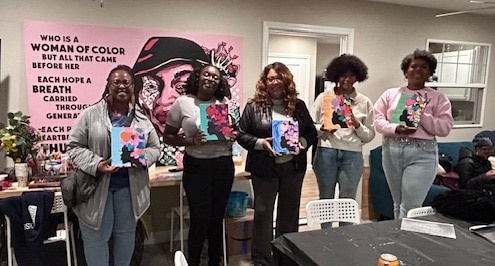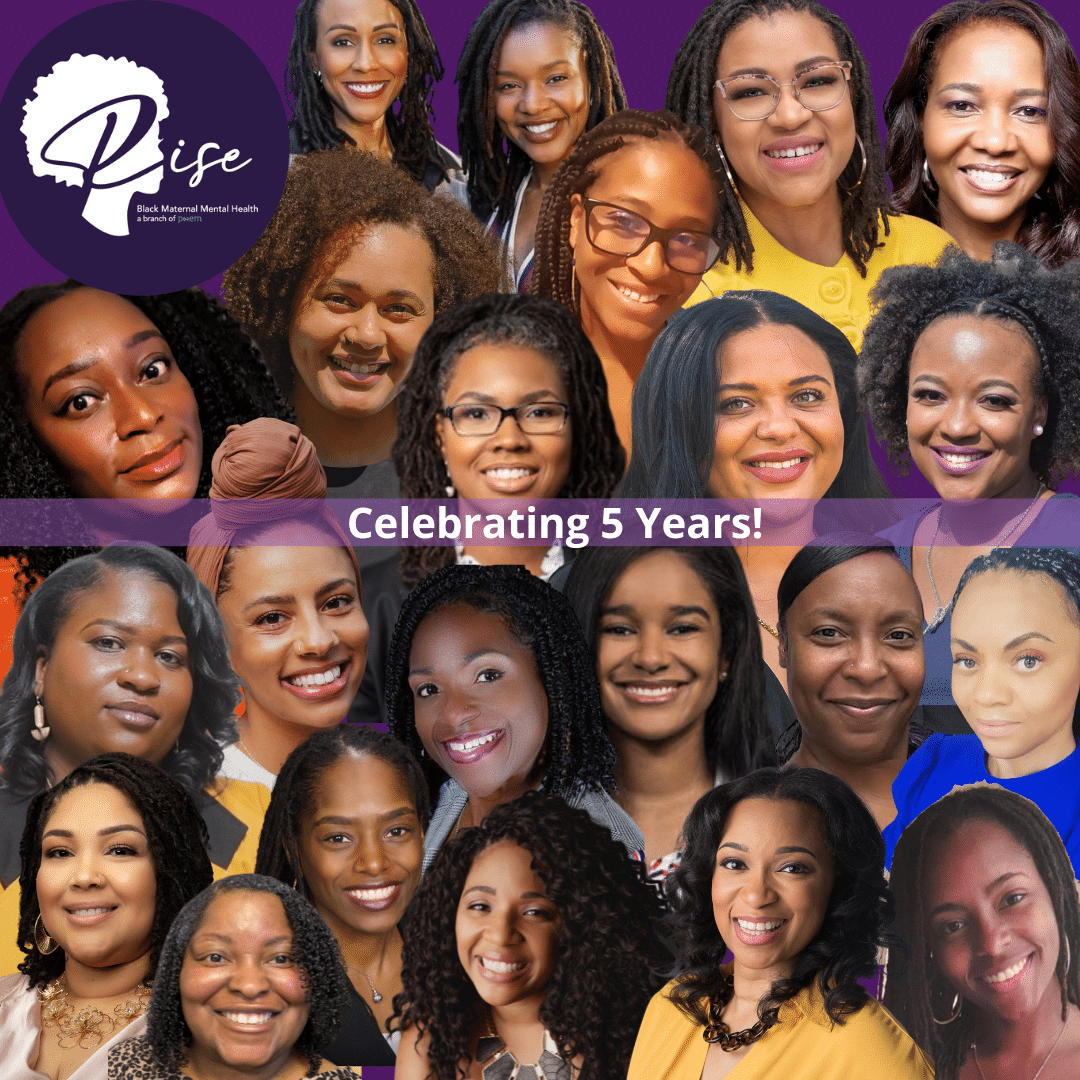A new year signifies change, and for many these past two years through the COVID-19 crisis have changed everything. We typically use this time to reflect, but looking back can be painful right now, especially because we are still in the midst of uncertainty. We’ve all had to adapt, and with that comes grief.
Deana Thatcher, MSW, LISW-S, is an independent therapist at Columbus Women’s Wellness where she specializes in helping those who are navigating difficult life transitions and experiencing grief, anticipatory grief, depression, anxiety, and adjustment concerns.
Thatcher explains that, though it is difficult, recognizing and feeling the pain, anger, frustration, guilt, or confusion will help over time to decrease the intensity of grief. From there, finding support – whether from good friends and family, a cultural or faith community, counseling, a support group, or any kind of therapeutic involvement – can help you face the challenges that may come. And last, expressing or channeling the grief into something healthy or creative can help you continue to work through those emotions.
“It’s about being kind to yourself and knowing it is a process,” she says. “Grief touches every part of you, and it takes far longer than anyone thinks to feel better and to establish some kind of meaningful new reality.”
It’s important to note that grief is a natural process, and there is no right way to grieve. But sometimes it can exacerbate existing mental health issues. Thatcher says if you find yourself struggling in ways you aren’t sure how to manage on your own, reach out for counseling. If you are unable to manage your physical needs like eating, sleeping, or personal care, or have thoughts of hurting yourself or others, you should seek the help of a qualified mental health professional immediately.
Above all, Thatcher says it is okay to mourn the loss of someone or something – all grief is valid.
“Grief is really lifelong,” she says. “It’s more about integrating grief into our future lives. That is where the hope is. The intensity will wane. You’ll learn how to manage your grief and start to find that joy again.”
There are many local support groups and resources for grief including












